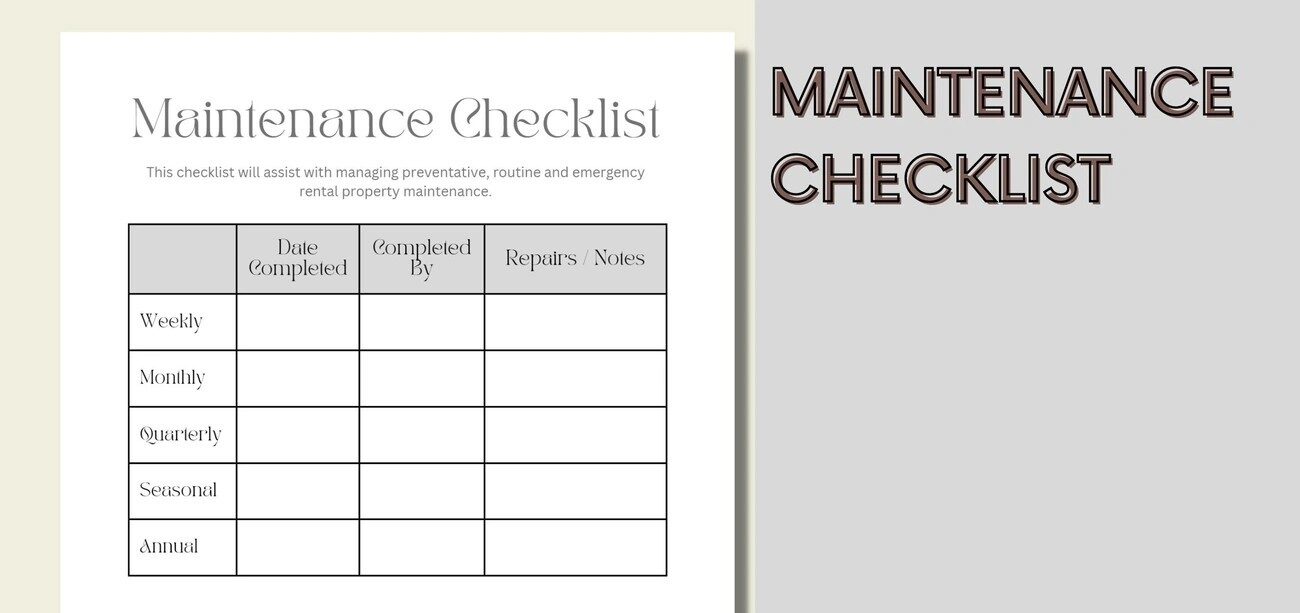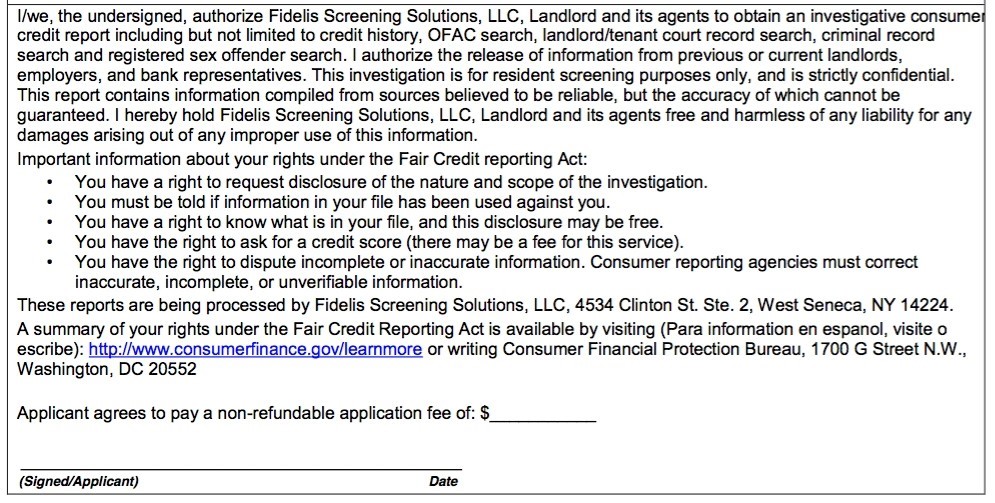Renting a house for the first time in Tennessee brings both excitement and challenges, whether you’re a landlord preparing to list your property or a tenant searching for your new home. With the average time to rent a property ranging from 2 to 6 weeks (depending on market demand and pricing), getting prepared early is essential for both parties.
If you’re a tenant, experts suggest not spending more than 30 percent of your gross income on rent. Additionally, be prepared for substantial upfront costs – landlords typically ask for the first and last month’s rent plus a security deposit (usually equivalent to one month’s rent). The Tennessee Department of Commerce & Insurance’s Division of Consumer Affairs urges first-time renters to do their homework before signing a lease.
For landlords, understanding your responsibilities is crucial. In Tennessee, landlords must comply with applicable building and house codes that affect the health and safety of tenants. This includes providing working smoke alarms for all rental units. If you’re considering allowing pets, factor this into your planning – 67% of renters own pets.
In this guide, we’ll walk through what to know when renting a house for the first time in Tennessee, offering practical tips for first-time renters and landlords to avoid costly mistakes that could impact your financial security and peace of mind.
Inspect and Prepare the Property

Image Source: Etsy
Preparing a property for renting requires thorough inspection and attention to detail. I’ve found that landlords who take time to properly inspect and prepare their properties tend to secure better tenants and face fewer issues down the road.
Check for safety hazards and code compliance
In Tennessee, all metropolitan areas have their own codes departments to enforce Property Maintenance Codes. These codes ensure safety within buildings and cover crucial systems like electrical, plumbing, and gas installations. Furthermore, Tennessee’s Health, Safety and Environmental Protection Code establishes minimum standards for ventilation, electrical lighting, and heating that landlords must meet. Most importantly, foundations, roofs, doors, and windows must be reasonably weathertight, watertight, and kept in sound condition.
Test smoke detectors and carbon monoxide alarms
Smoke alarms are mandatory in rental properties and must be installed in specific locations. According to HUD requirements, you must have at least one properly functioning smoke detector:
- On each level of the unit
- Inside each bedroom
- Within 21 feet of any bedroom door measured along a path of travel
Carbon monoxide detectors are equally vital as they detect this odorless gas that poses a significant threat. The CDC reports that over 100,000 people visit the emergency room annually for carbon monoxide poisoning. As a landlord, you’re typically responsible for installing, replacing, and maintaining these life-saving devices.
Fix plumbing, electrical, and HVAC issues
Common electrical problems include outdated wiring, damaged wiring, flickering lights, and non-responsive outlets. For HVAC systems, watch for inadequate cooling, refrigerant leaks, clogged air filters, and ductwork issues. Your heating system must be capable of safely maintaining a temperature of at least 68°F at a distance of eighteen inches above floor level.
Clean thoroughly and repaint with neutral colors
Deep cleaning is essential when preparing a rental property. Focus on removing all traces of previous tenants, polishing doorknobs and handles, deep cleaning bathrooms and kitchens. Consequently, a clean environment reduces health risks and decreases the likelihood of pest infestations.
Stage the home for better appeal
Professional staging can transform your property’s appeal. Staged properties often rent 3 to 30 times faster and at higher prices compared to non-staged homes. To effectively stage your rental:
- Define each room’s purpose with appropriate furniture
- Maximize natural light by opening curtains
- Add comfortable details like throw pillows and plants
Understand Tennessee Rental Laws and Landlord Duties
Tennessee’s rental laws can be complex for first-time landlords. Understanding your legal obligations will help you avoid costly disputes and potential lawsuits down the road.
Know if your county follows the Uniform Residential Landlord-Tenant Act
Initially, you need to determine if your property falls under the Uniform Residential Landlord and Tenant Act (URLTA). This law only applies in counties with populations exceeding 75,000 residents. Currently, these counties include Anderson, Blount, Bradley, Davidson, Greene, Hamilton, Knox, Madison, Maury, Montgomery, Putnam, Rutherford, Sevier, Shelby, Sullivan, Sumner, Washington, Williamson, and Wilson. In smaller counties, different rules may apply, so it’s essential to check local ordinances.
Understand rules around security deposits
Security deposits require careful handling in Tennessee. As a landlord, you must:
- Deposit all security funds in a separate bank account used solely for that purpose
- Notify tenants about the location of this account (without needing to provide the account number)
- Return deposits within 30 days after tenants vacate the property
- Provide an itemized list of any damages and estimated repair costs
Moreover, tenants have the right to inspect the premises with you to determine liability for damages. Should disputes arise, tenants can bring claims to circuit or general sessions court.
Learn landlord access and emergency entry rights
Respecting tenant privacy is vital. You must provide 24-hour written notice before entering a rental unit, except in emergencies. The law defines an emergency as “a sudden, generally unexpected occurrence or set of circumstances demanding immediate action”. Unauthorized entry may constitute harassment and lead to legal sanctions.
Comply with health and safety codes
Your primary legal duty is maintaining habitable living conditions. This includes:
- Complying with building and housing codes affecting health and safety
- Making necessary repairs to keep the premises fit and habitable
- Maintaining clean, safe common areas
- Providing appropriate waste receptacles in multi-unit complexes
Importantly, minimum standards for rental housing are established in Tennessee’s Health, Safety and Environmental Protection Code, covering basic equipment, ventilation, temperature, and sanitation.
Screen Tenants and Set Up a Lease Agreement

Image Source: RentPrep
Finding reliable tenants is critical for successfully renting a house for the first time. The quality of your tenants often determines whether your rental experience will be profitable or problematic.
Run background, credit, and eviction checks
Thorough tenant screening helps identify dependable renters and protects your investment. First, obtain a signed consent form from applicants – this is mandatory before conducting any background checks. A comprehensive screening package should include credit reports, criminal history, and eviction records. Notably, criminal records and eviction histories are not included in basic credit reports, so you must specifically request these. Eviction reports are available from all Tennessee counties and can reveal patterns of problematic rental behavior.
Verify income and rental history
Proper income verification ensures tenants can afford your property. Request multiple forms of documentation such as:
- Pay stubs directly from employers
- Federal tax returns or W-2 forms
- Bank statements (especially useful for self-employed applicants)
Subsequently, contact previous landlords to verify rental history. Ask specific questions about payment timeliness, property condition upon move-out, and whether they followed lease terms.
Use a clear lease that defines rent, maintenance, and pet policies
A legally binding Tennessee lease agreement must include names of both parties, detailed property description, lease term length, and rent amount. Clearly outline maintenance responsibilities, dividing tasks between landlord and tenant to avoid disputes. For pet policies, specify any pet deposits required and potential grounds for deductions.
Include legal clauses for subletting and lease termination
Your lease should address early termination conditions and whether the landlord may terminate if tenants violate rules. Additionally, include a sublease clause stating whether tenants must obtain your consent before subletting and outlining the terms. Finally, incorporate a severability clause stating that if one part of the lease is deemed invalid, the remaining terms still apply.
Set Up Rent Collection and Maintenance Systems
Effective systems for collecting rent and handling maintenance are the backbone of successful property management when renting a house for the first time in Tennessee.
Choose online rent collection tools
Online rent collection simplifies the payment process for both landlords and tenants. Many platforms allow tenants to pay using bank transfers, credit cards, or debit cards while giving landlords instant proof of payment. DoorLoop, for instance, offers automatic rent collection where payments arrive consistently on the first of each month. This all-in-one solution allows tenants to use their own portal to manage payments and view payment history. Other benefits include:
- Multiple payment options (credit/debit cards and ACH/eCheck)
- Automated payment reminders
- Secure transaction processing
- Options for roommates to split rent payments
Define due dates and late fee policies
In Tennessee, unless otherwise specified, rent is typically due on the first business day of each month. The state law mandates a five-day grace period before any late fees can be charged. After this period, landlords may impose late fees, however, these cannot exceed 10% of the overdue rent amount. Additionally, if the fifth day falls on a Sunday or legal holiday, landlords cannot charge late fees if rent is paid on the next business day.
Create a maintenance response plan
Establishing clear maintenance protocols is vital. For urgent issues affecting health and safety, aim to respond within 24-48 hours. For non-critical repairs, a 30-day timeframe is generally considered reasonable. Document maintenance requests in writing to create a record of tenant concerns. If repairs aren’t made within a reasonable timeframe, tenants may pursue legal action.
Share emergency contact info with tenants
Provide tenants with multiple ways to report maintenance issues, particularly for emergencies involving heat, gas, lights, water, sewage, plumbing, or air conditioning. Alongside this, establish a routine reporting methodwhether through a website, phone calls, text messages, or office visits. All emergency contact information should be clearly documented in the lease agreement.
Conclusion
Renting a house for the first time certainly brings numerous responsibilities, whether you stand on the landlord or tenant side of the equation. Throughout this guide, we’ve explored essential aspects of the Tennessee rental market that help both parties navigate this significant milestone.
First-time landlords must remember that proper property preparation saves headaches later. Thorough inspections, safety compliance, and attention to maintenance create a foundation for successful landlord-tenant relationships. Meanwhile, tenants should carefully review properties and understand their rights before signing any agreements.
Understanding Tennessee’s rental laws remains paramount for everyone involved. The application of the Uniform Residential Landlord-Tenant Act varies by county population, therefore checking local regulations prevents costly legal mistakes. Security deposit management, property access rules, and health code compliance protect both parties when handled correctly.
Tenant screening deserves serious attention from landlords. Background checks, income verification, and rental history reviews significantly reduce risks associated with problematic tenants. Additionally, clear lease agreements spelling out responsibilities prevent misunderstandings that could otherwise lead to disputes.
Lastly, establishing efficient systems for rent collection and maintenance response ensures smooth day-to-day operations. Online payment tools, clearly defined due dates, and documented maintenance protocols make property management less stressful for landlords while providing tenants with reliable service.
Though renting a house comes with challenges, careful preparation makes the process rewarding rather than overwhelming. Taking time to understand Tennessee’s unique rental landscape now will undoubtedly save you time, money, and stress as you embark on your rental journey, whether as a property owner or someone looking for their next home.
FAQs About House Renting in Tennessee
Q1. What are the essential steps for first-time landlords in Tennessee?
First-time landlords in Tennessee should inspect and prepare the property, understand local rental laws, set up a thorough tenant screening process, create a clear lease agreement, and establish efficient rent collection and maintenance systems.
Q2. How much should I budget for upfront costs when renting a house in Tennessee?
When renting a house in Tennessee, be prepared to pay the first and last month’s rent, plus a security deposit typically equal to one month’s rent. Experts recommend not spending more than 30% of your gross income on rent.
Q3. What are the key tenant rights in Tennessee regarding property maintenance?
Tenants in Tennessee have the right to a habitable living space. Landlords must comply with building codes, make necessary repairs, maintain clean common areas, and provide appropriate waste receptacles in multi-unit complexes.
Q4. How can landlords effectively screen potential tenants in Tennessee?
Landlords should conduct background, credit, and eviction checks with the applicant’s consent. They should also verify income through multiple documents and contact previous landlords to confirm rental history.
Q5. What are the rules for security deposits in Tennessee?
In Tennessee, landlords must keep security deposits in a separate bank account and inform tenants of its location. Deposits must be returned within 30 days after the tenant moves out, along with an itemized list of any deductions for damages.


